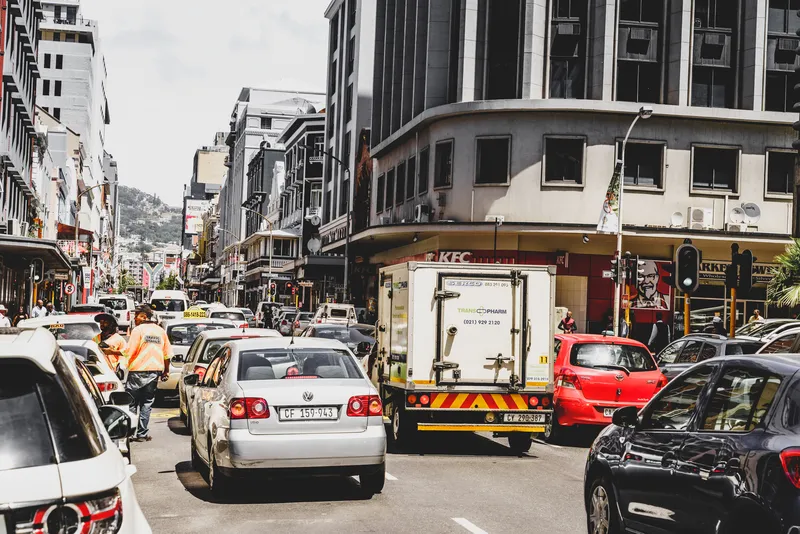Marking the 10th anniversary of founding Vitronic’s Australian subsidiary this year, the company is presenting its new autonomous enforcement system for the first time in Australia at the ITS World Congress Melbourne.
The Enforcement Trailer is a mobile system that can be deployed almost anywhere. A vandalism-proof hull and high performance batteries allow it to operate completely on its own for several days.
With this, the trailer gives authorities greater flexibility to react to dangerous road secti
October 11, 2016
Read time: 2 mins

Marking the 10th anniversary of founding 147 Vitronic’s Australian subsidiary this year, the company is presenting its new autonomous enforcement system for the first time in Australia at the ITS World Congress Melbourne.
The Enforcement Trailer is a mobile system that can be deployed almost anywhere. A vandalism-proof hull and high performance batteries allow it to operate completely on its own for several days.
With this, the trailer gives authorities greater flexibility to react to dangerous road sections, while at the same time lowering the cost and risk of injury to operators associated with regular mobile enforcement methods.
The system has already been successfully deployed in several countries across Europe and the Middle East with about 300 units in France alone by the end of this year.
Vitronic is also showcasing its Tollchecker tolling solutions and the Poliscan FM1, the latest generation in Lidar traffic enforcement. TollChecker delivers high-performance identification and classification of vehicles in moving traffic for toll collection, enforcement and auditing of existing tolling systems.
Poliscan FM1 is a highly flexible and compact enforcement system that can be deployed for speed and red light enforcement as well as for monitoring the unauthorised use of restricted lanes or the hard shoulder. Its multi-modal enforcement capacities will also be a topic in the Safety 2 session of the congress program on Thursday 13 October.
Poliscan systems are deployed in several Australian states including the Australian Capital Territory, Queensland and Western Australia.
The Enforcement Trailer is a mobile system that can be deployed almost anywhere. A vandalism-proof hull and high performance batteries allow it to operate completely on its own for several days.
With this, the trailer gives authorities greater flexibility to react to dangerous road sections, while at the same time lowering the cost and risk of injury to operators associated with regular mobile enforcement methods.
The system has already been successfully deployed in several countries across Europe and the Middle East with about 300 units in France alone by the end of this year.
Vitronic is also showcasing its Tollchecker tolling solutions and the Poliscan FM1, the latest generation in Lidar traffic enforcement. TollChecker delivers high-performance identification and classification of vehicles in moving traffic for toll collection, enforcement and auditing of existing tolling systems.
Poliscan FM1 is a highly flexible and compact enforcement system that can be deployed for speed and red light enforcement as well as for monitoring the unauthorised use of restricted lanes or the hard shoulder. Its multi-modal enforcement capacities will also be a topic in the Safety 2 session of the congress program on Thursday 13 October.
Poliscan systems are deployed in several Australian states including the Australian Capital Territory, Queensland and Western Australia.









